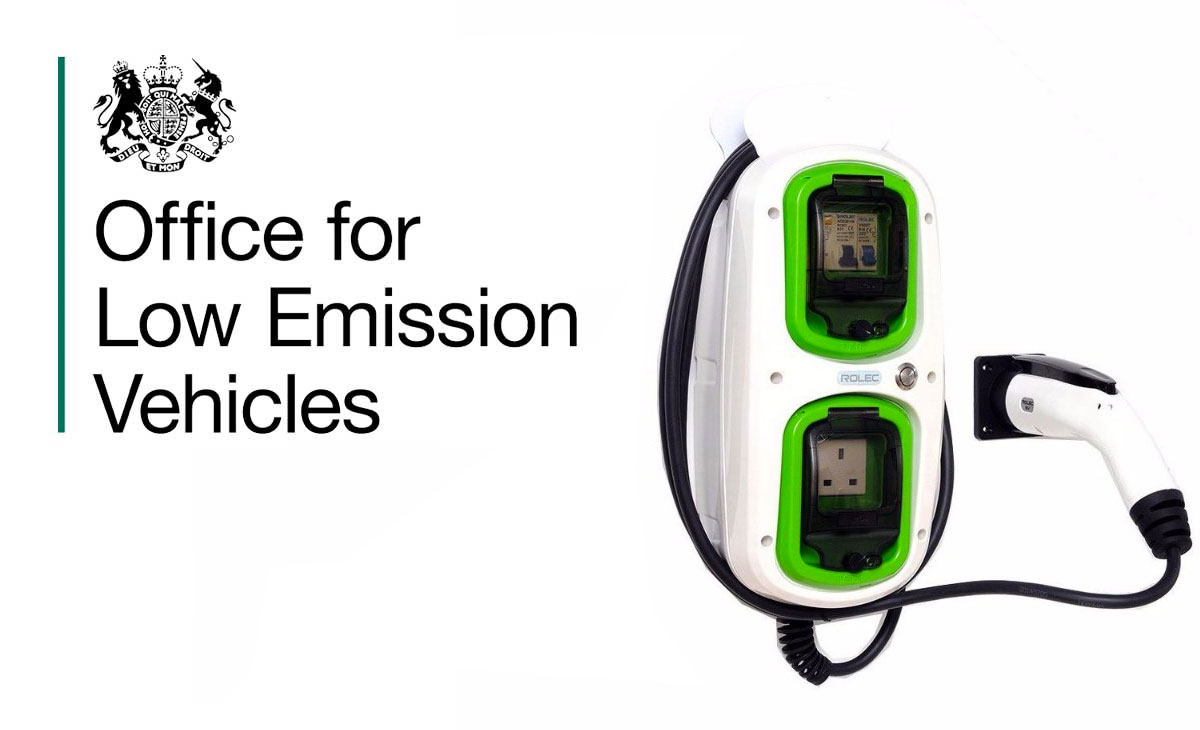One Extension Lead Too Many Could Put Your Whole Home at Risk!
Extension Leads, Plug Adapters & Overloads: Are You Risking an Electrical Fire at Home?
In homes across Birmingham, especially in older terraces or student lets, it’s not unusual to see:
- Extension leads plugged into more extension leads
- Plug adapters stacked on sockets
- Phones, laptops, heaters, and TVs all drawing power from one wall
It might seem harmless — but it’s one of the leading causes of house fires in the UK. At Pailey Electrical, we regularly inspect homes where overloaded circuits, old wiring, or unsafe extension setups are putting families and tenants at risk — often without them even knowing it. If you're renting, living in shared housing, or using more tech than your house was designed for, this blog could prevent a dangerous situation.
The Hidden Dangers of A Plug Overload
According to Electrical Safety First, over 5,000 UK house fires each year are directly linked to electrical distribution — many due to:
- Overloaded extension leads
- Cheap or unregulated plug adapters
- Poor ventilation around plugged-in devices
- Lack of RCD protection on old consumer units
These fires often start silently — behind furniture, under desks, or underused appliances.
How Many Is Too Many?
Each extension lead has a maximum current rating (usually 13 amps). Plug in too many devices and you can exceed it quickly:
| Device | Approx Current Use |
| Kettle | 10 amps |
| Toaster | 9 amps |
| Hairdryer | 10 amps |
| Iron | 10 amps |
| Phone Charger | 0.5 amps |
| Laptop | 3 amps |
Just two kitchen appliances can max out an extension! And no — plugging an extension into another extension (daisy-chaining) doesn’t double your safety. It doubles your fire risk.
Spot the Warning Signs
Check around your home. These are red flags:
- Warm or hot plugs or sockets
- Buzzing sounds from outlets
- Lights dimming when using appliances
- Sockets that spark on plug-in
- Visible scorch marks or melted plastic
- Frequent tripping of your fuse board
If you see any of the above, stop using that socket immediately and call a qualified electrician.
Birmingham Case Study: Flat in Selly Oak
We were called to a rented flat after the tenant noticed a burning smell behind their TV unit. We discovered:
- Two overloaded extensions behind a bookcase
- A melted 4-way adapter
- Sockets without RCD protection
We replaced the affected sockets, installed RCD-protected circuits, and added two new twin sockets to remove the need for extensions.
“I had no idea it was that dangerous. Pailey were quick, clean, and explained everything clearly.” — Amara R, Selly Oak
Stay Safe — Use These Tips
- Use high-quality, branded extensions with built-in surge protection
- Don’t exceed 13 amps total per socket
- Never plug one extension into another
- Avoid trailing cables under carpets or rugs
- Switch off extensions when not in use
- Don’t rely on one socket for every room — have new ones installed if needed
How We Can Help
At Pailey Electrical, we offer:
- Home socket audits
- Socket installations & upgrades
- Consumer unit upgrades with RCD/RCBO protection
- Safety checks for rented properties
- 7-day-a-week support
📞 Book Now and Sleep Safer Tonight
👉 Visit www.pailey.co.uk to book your home safety inspection.
Pailey Electrical — protecting Birmingham homes from the risks you can’t see. NAPIT Registered | 5-Star Rated | Fast, Friendly & Local






